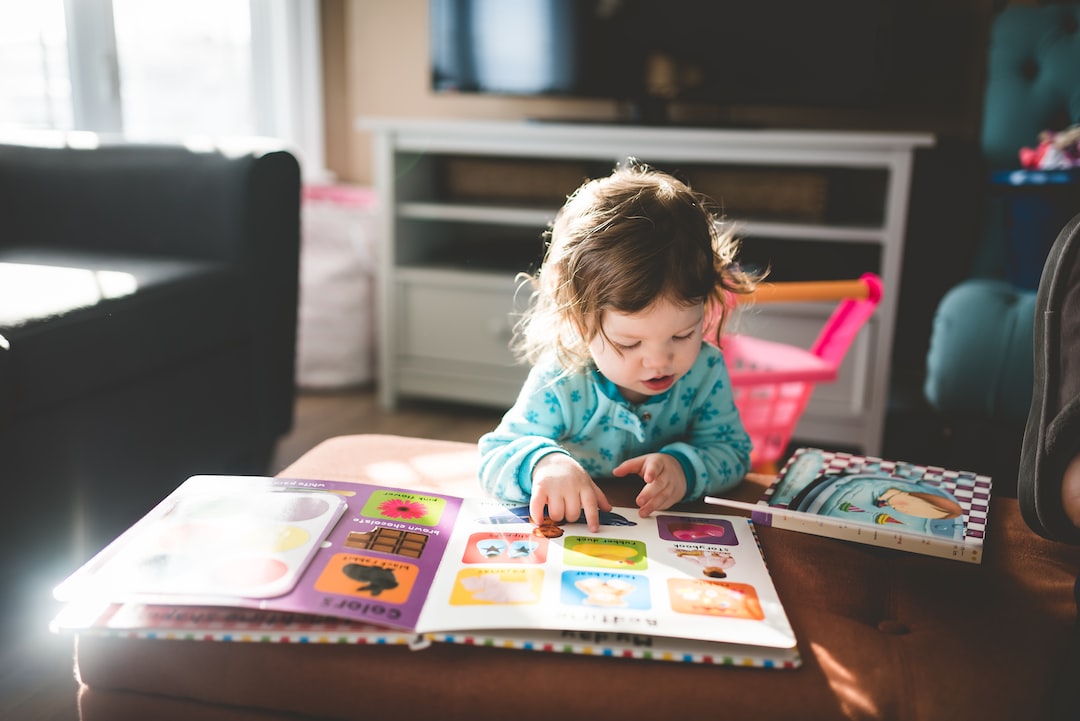As an educator, you know all too well how difficult it can be to keep your students engaged and motivated. One of the best ways to do this is by promoting creativity in the classroom. Creativity not only makes learning more fun, but it also helps students develop critical thinking skills and the ability to come up with new solutions to problems. Here are some effective ways to promote creativity in the classroom:
Encourage Brainstorming
Brainstorming is a great way to get students to think creatively. It is a process where everyone shares their ideas, and everyone’s ideas are considered, no matter how wild they may seem. Encouraging brainstorming in the classroom helps students develop their critical thinking and problem-solving skills. It allows students to learn from one another and to come up with new and innovative ideas.
Provide Opportunities for Collaboration
Collaboration is an excellent way to promote creativity in the classroom. When students work together, they can share ideas and build on each other’s strengths, which leads to more innovative solutions. Providing opportunities for collaboration allows students to learn from one another and to develop communication and teamwork skills. It also helps students become more confident in their ideas and encourages them to think creatively.
Use Creative Teaching Methods
Another effective way to promote creativity in the classroom is by using creative teaching methods. Instead of relying solely on lectures and textbooks, try using hands-on activities, group work, and projects that allow students to express their creativity. For example, you could have students create a mock news report on a current event, design their own board game, or write a short story. These methods not only help promote creativity but also help students retain information better.
Allow for Mistakes
When students are afraid of making mistakes, they tend to stifle their creativity. It is essential to create a safe and supportive learning environment that allows for mistakes. Encourage students to think outside the box and to take risks. When mistakes happen, take them as learning opportunities and encourage students to reflect on what they learned from their mistakes.
Provide Creative Tools and Resources
Providing students with creative tools and resources can help promote creativity in the classroom. For example, you might provide students with art supplies, music and sound effects, graphic design tools, or coding software. By providing students with these tools, you are encouraging them to explore different ways of expressing themselves and to think outside the box.
In conclusion, promoting creativity in the classroom is essential for students’ development. By encouraging brainstorming, providing opportunities for collaboration, using creative teaching methods, allowing for mistakes, and providing creative tools and resources, you can help cultivate a learning environment where creativity thrives. When students are involved in creative thinking and problem-solving, they are more engaged, motivated, and excited about learning.

